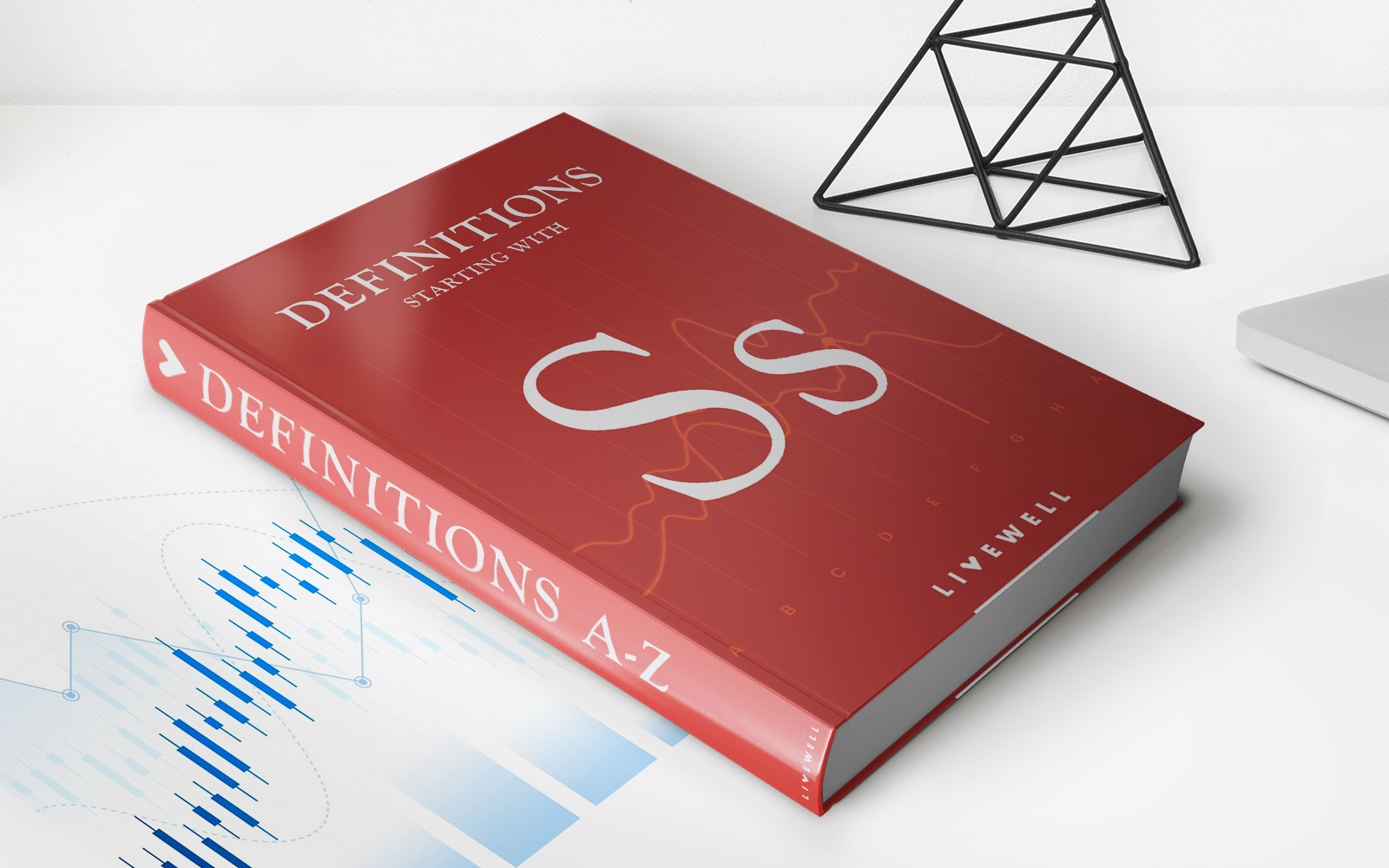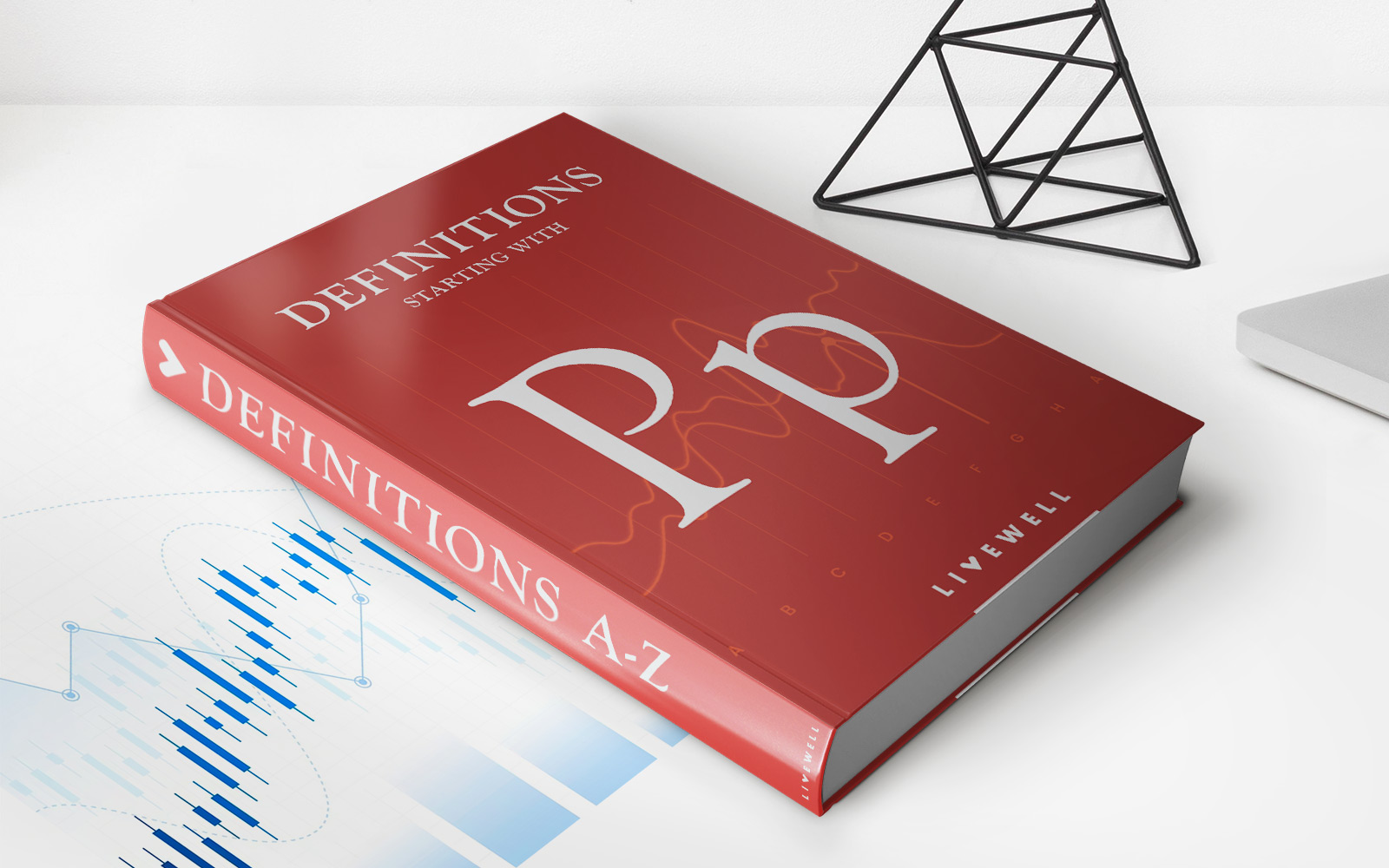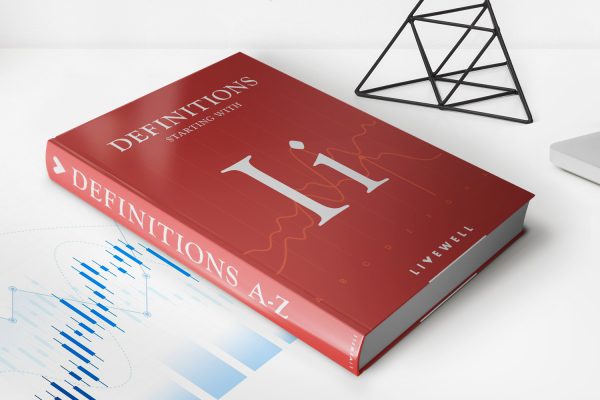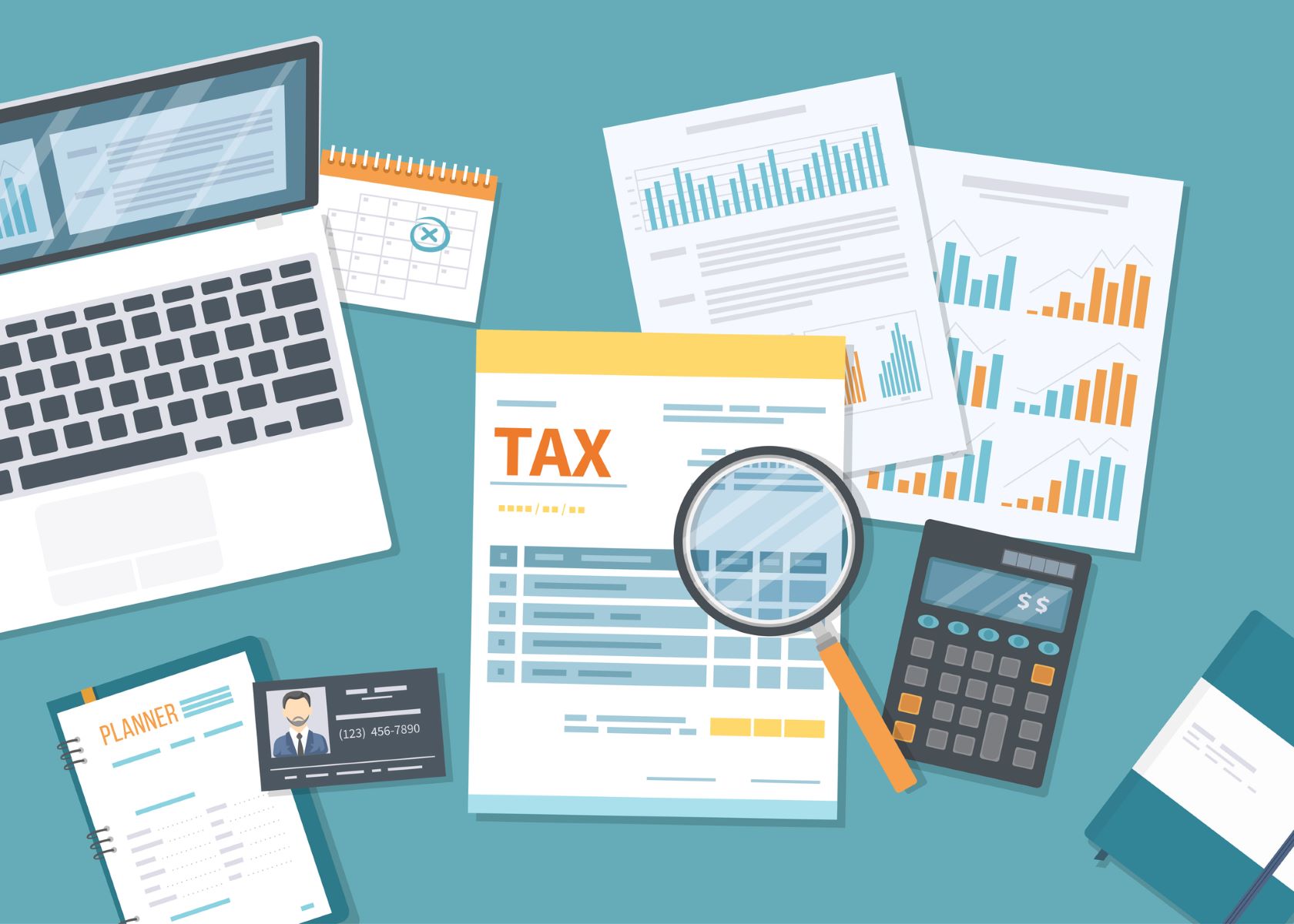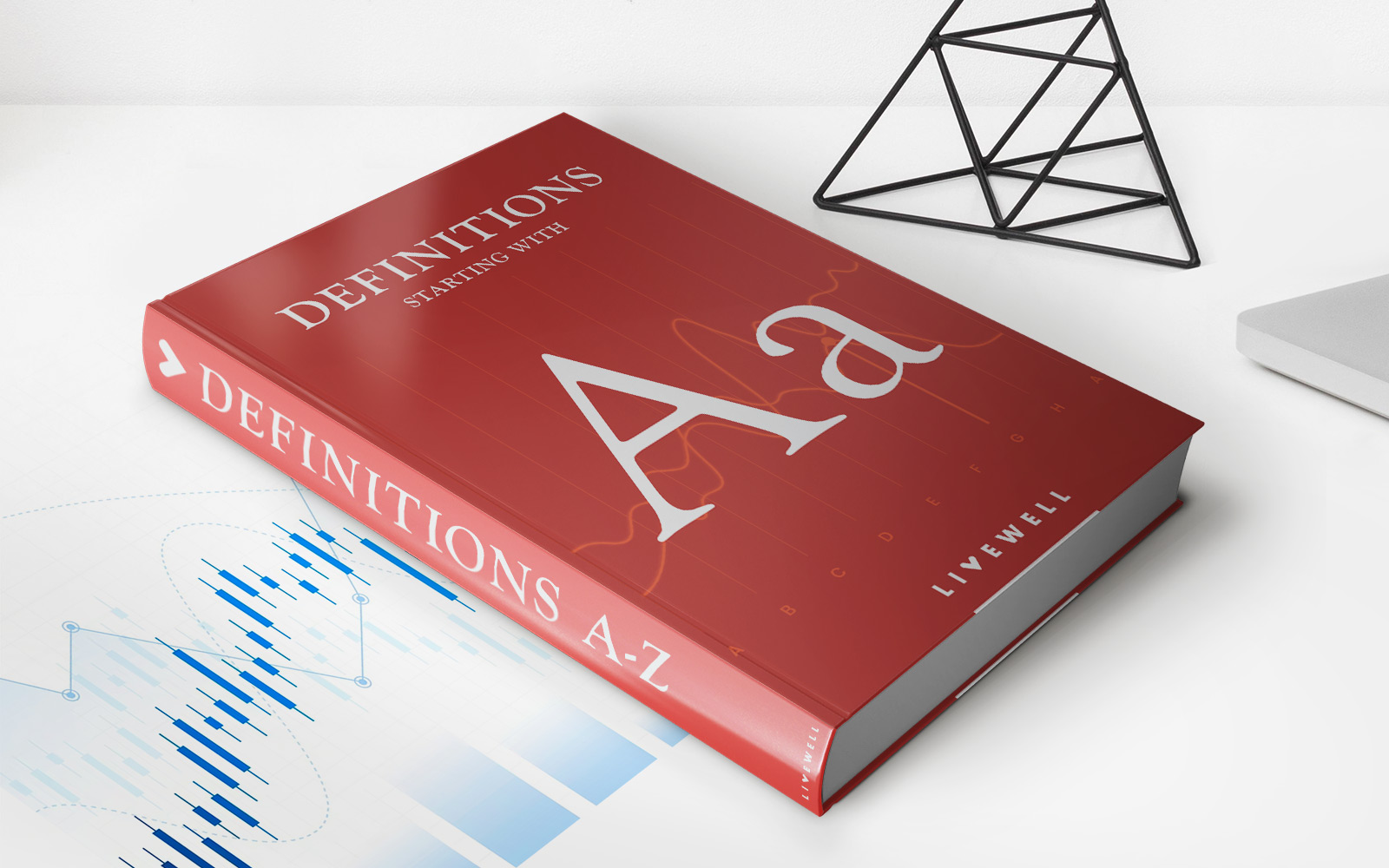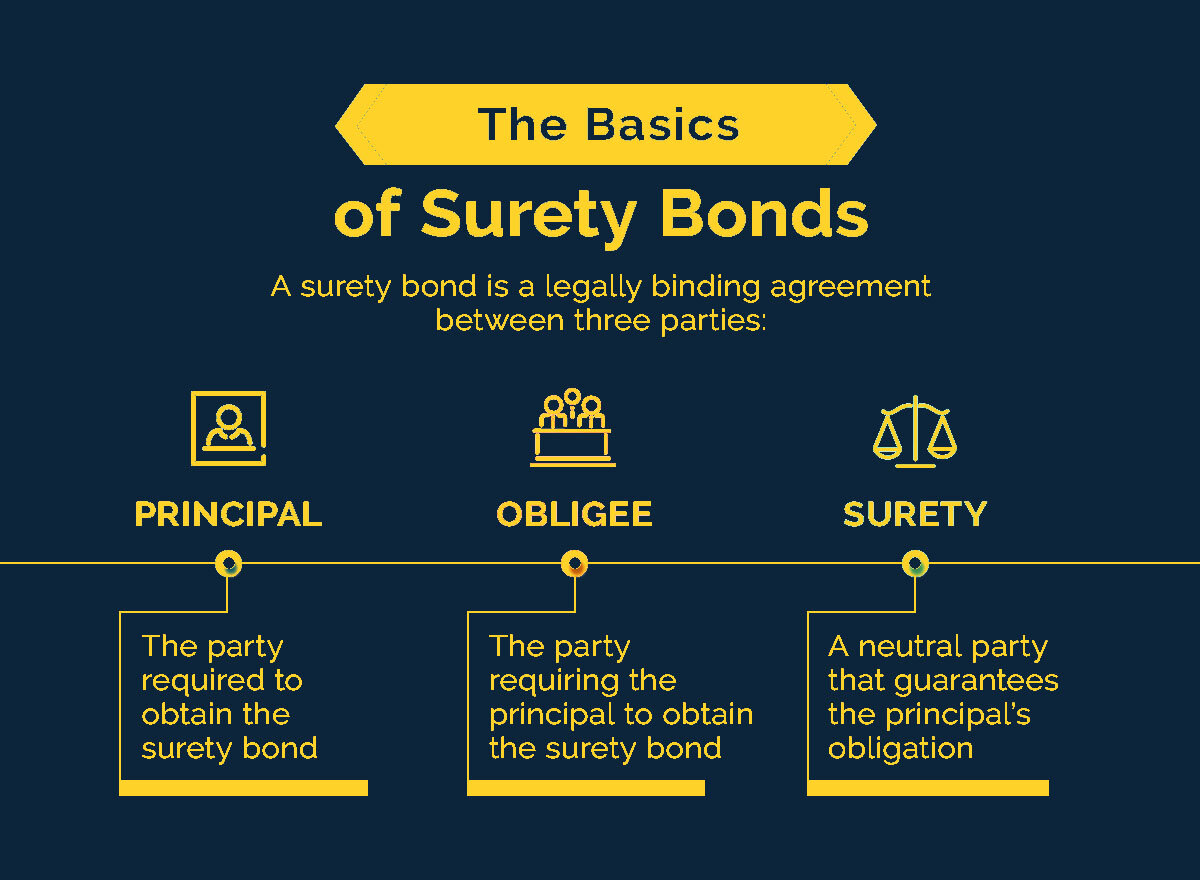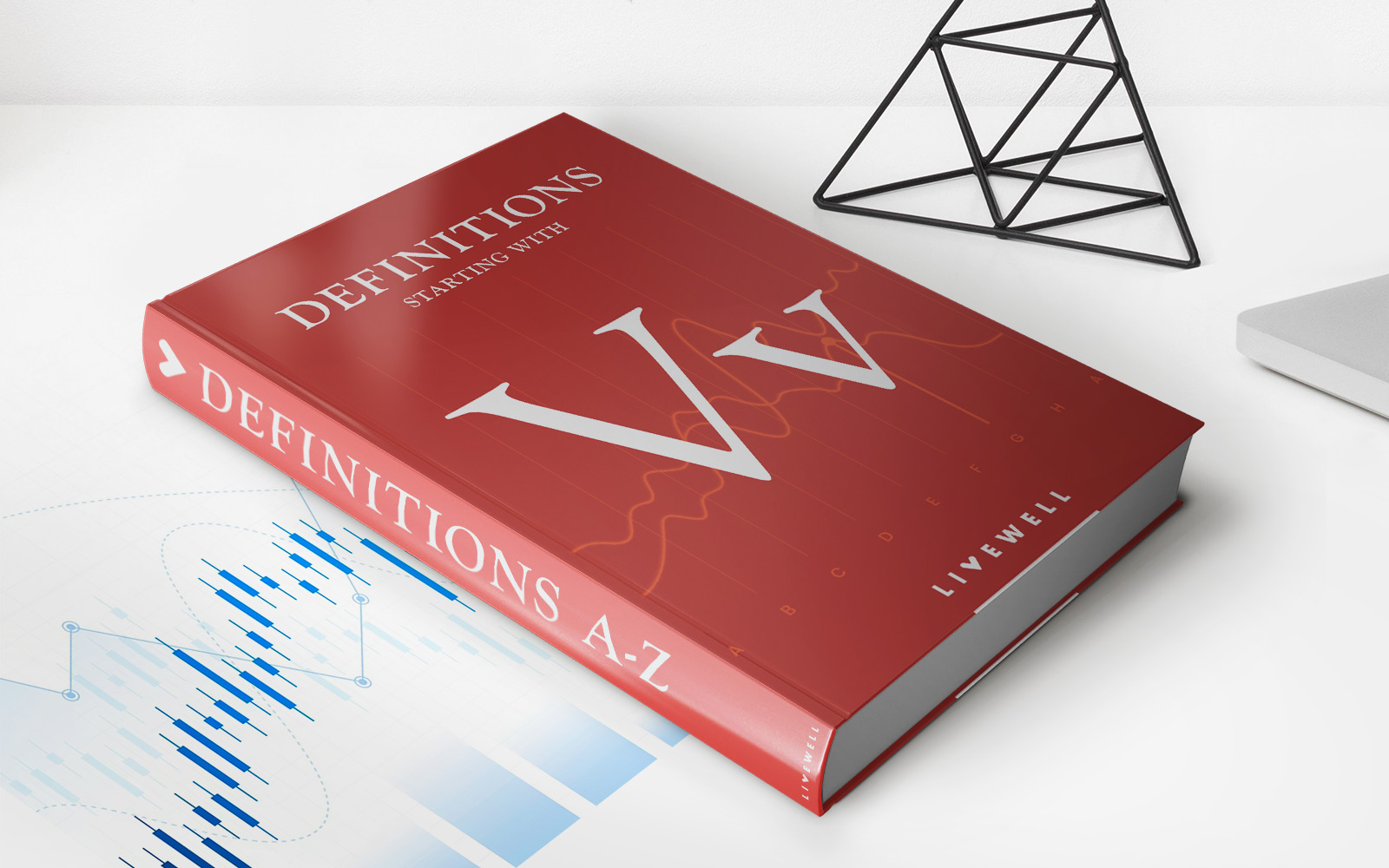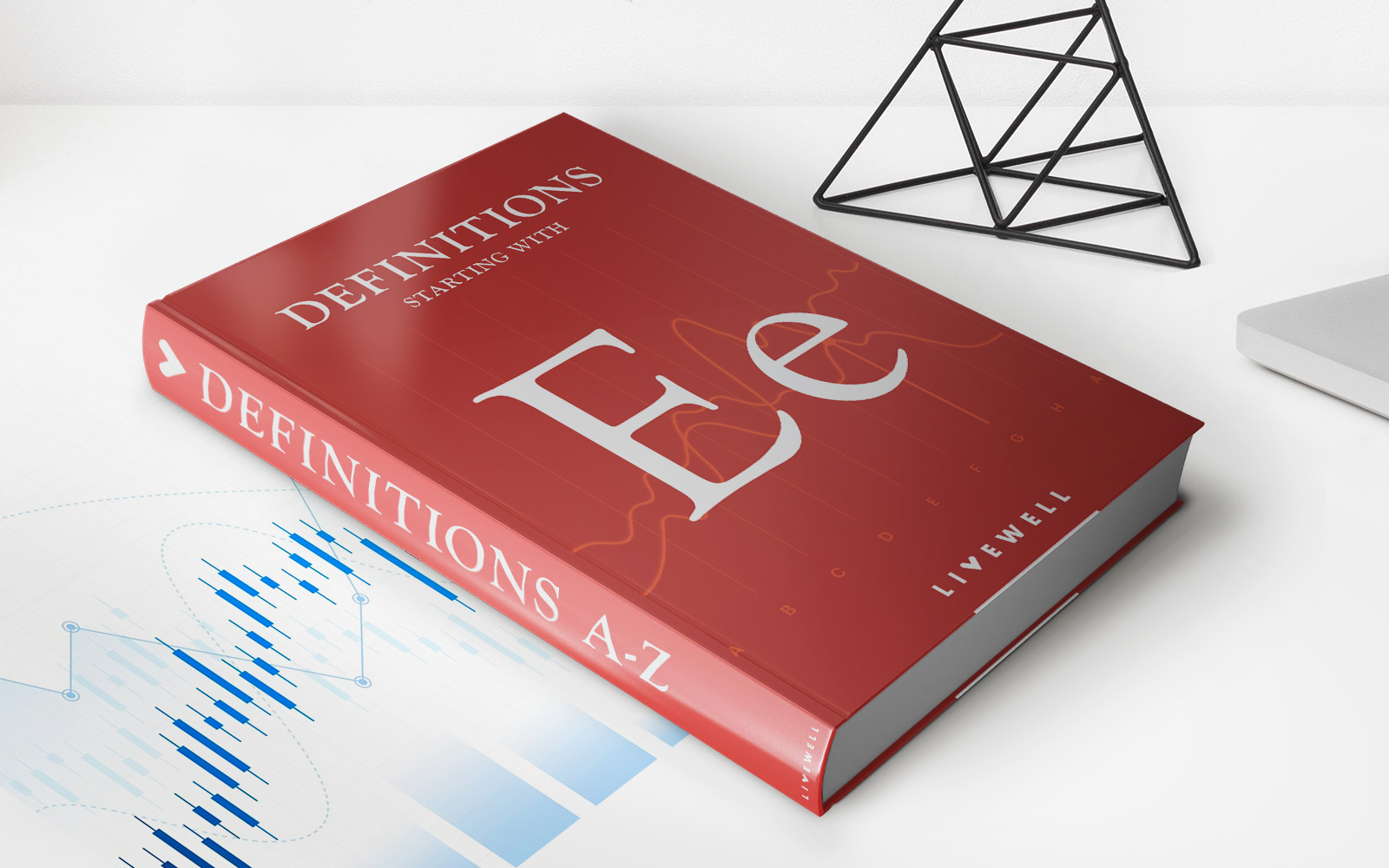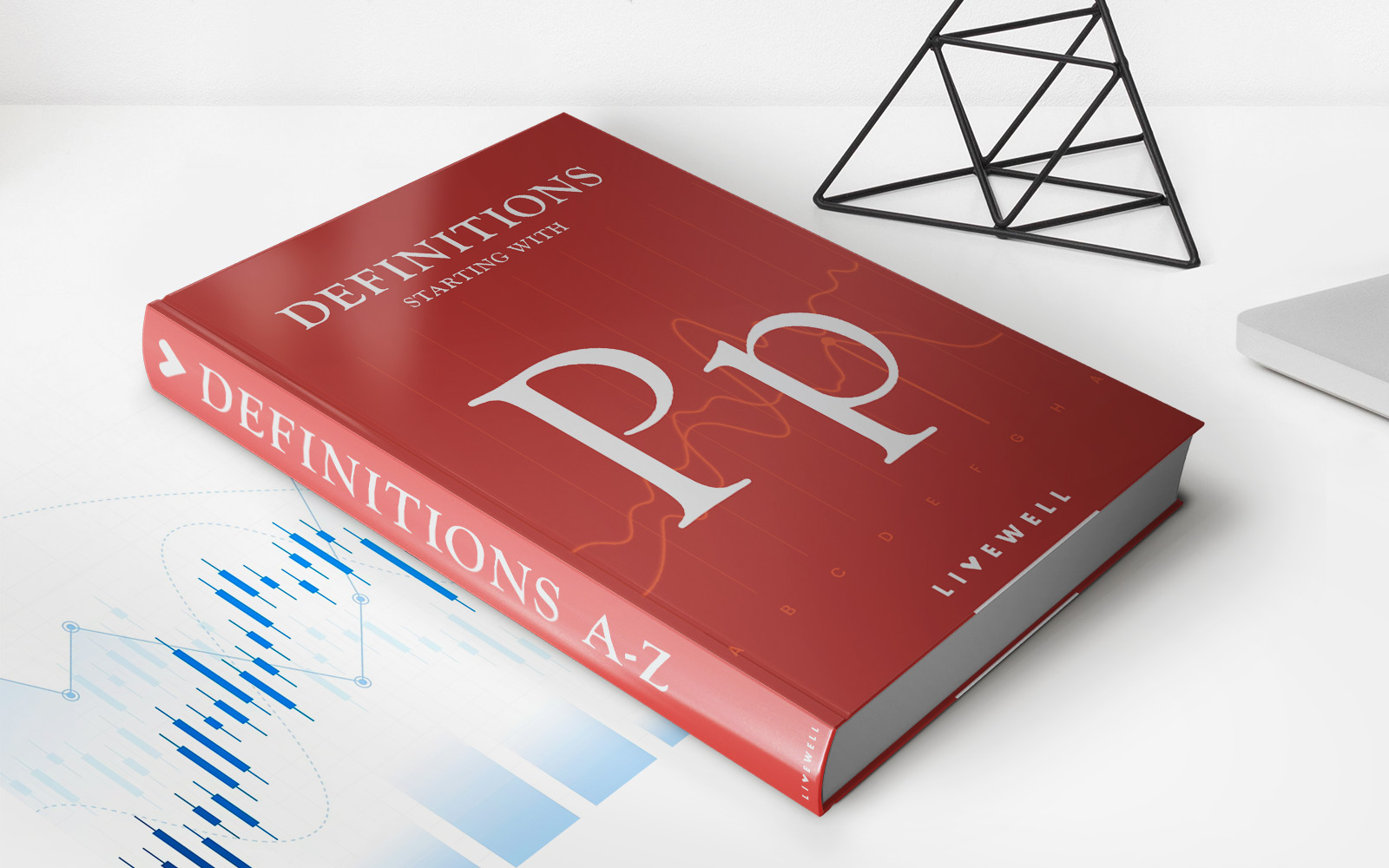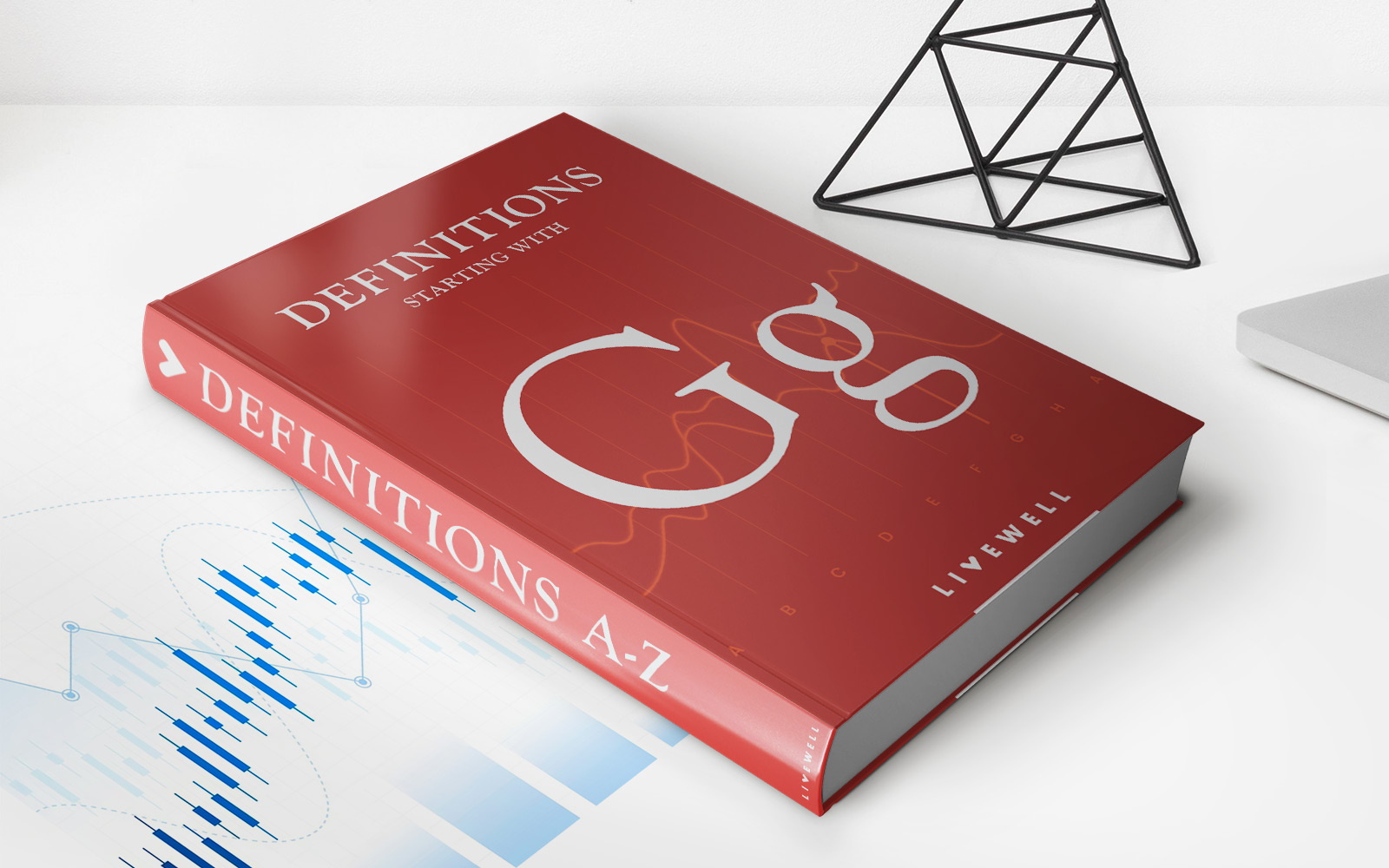Home>Finance>Personal Income Definition & Difference From Disposable Income
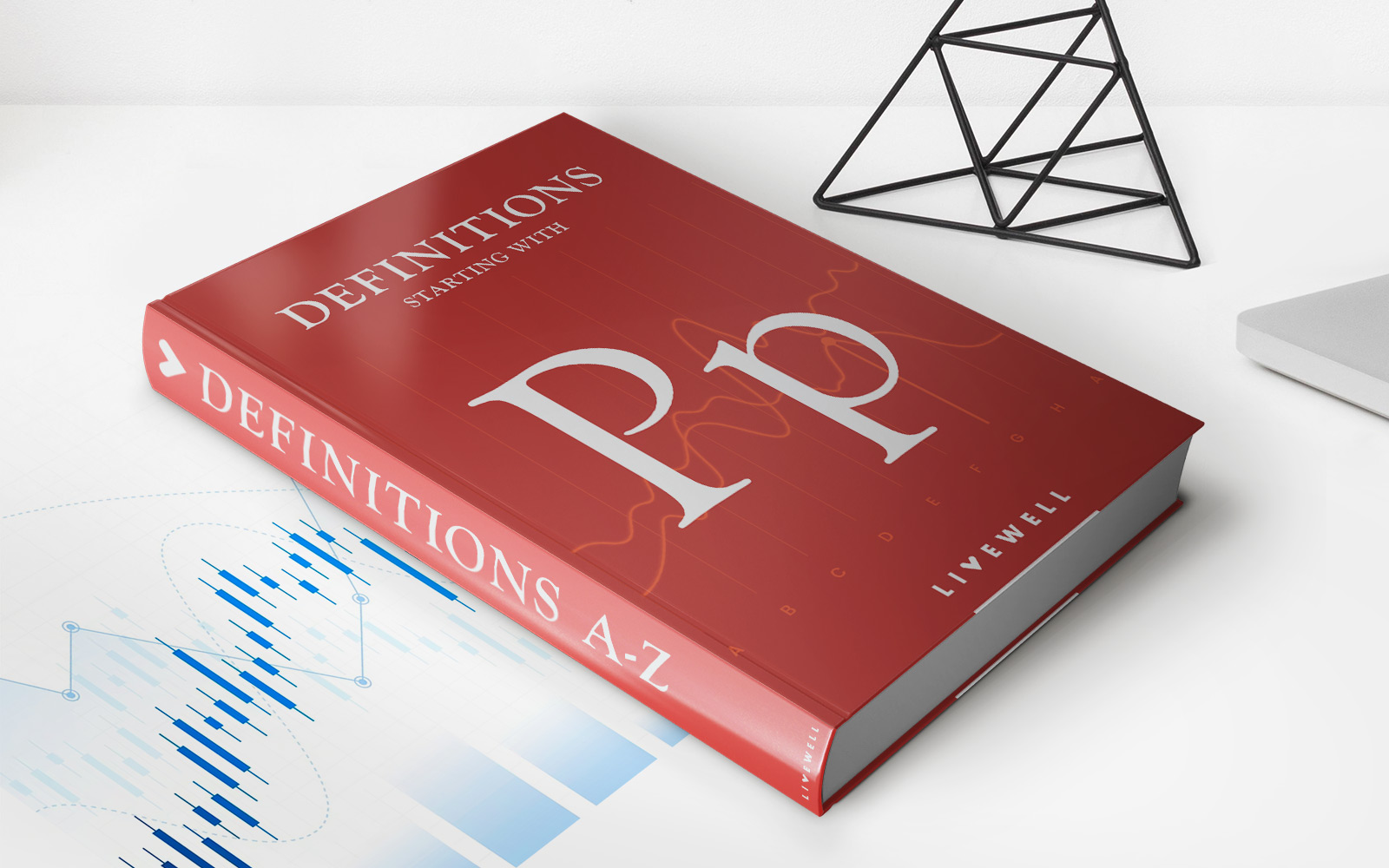

Finance
Personal Income Definition & Difference From Disposable Income
Published: January 7, 2024
Learn the definition of personal income and how it differs from disposable income in finance. Discover key financial concepts that affect your overall financial health.
(Many of the links in this article redirect to a specific reviewed product. Your purchase of these products through affiliate links helps to generate commission for LiveWell, at no extra cost. Learn more)
Welcome to the Finance Blog: Personal Income Definition & Difference From Disposable Income
When it comes to managing your finances, understanding the difference between personal income and disposable income is crucial. These terms are often used interchangeably, but they have distinct meanings. In this blog post, we will explore the definitions of personal income and disposable income, and shed light on the key differences between them.
Key Takeaways:
- Personal income refers to the total amount of income earned by an individual, including wages, salaries, bonuses, rental income, and investment gains.
- Disposable income represents the amount of income available to an individual after deducting taxes and other mandatory deductions.
Now, let’s dive deeper into the definitions of personal income and disposable income:
What is Personal Income?
Personal income refers to the total amount of money an individual receives from all sources during a specific period. It includes various sources such as wages, salaries, bonuses, commissions, rental income, self-employment earnings, investment gains, and other forms of income. Personal income is often calculated on a pre-tax basis, meaning it does not take into account the taxes or deductions that will be later subtracted.
Personal income plays a vital role in determining an individual’s financial standing and ability to meet their financial obligations. It serves as the basis for calculating taxes, evaluating creditworthiness, and making financial decisions.
What is Disposable Income?
Disposable income, on the other hand, refers to the amount of income an individual has available after subtracting taxes and other mandatory deductions. Taxes may include federal, state, and local income taxes, as well as Social Security contributions and Medicare deductions. Other mandatory deductions could include payments towards health insurance, retirement plans, and other employee benefits.
Disposable income is the portion of personal income that individuals can use for their discretionary spending, savings, investments, or paying off debt. It is the income that is available for individuals to make choices about how to allocate their resources and manage their personal finances.
The Key Differences Between Personal Income and Disposable Income:
Now that we understand the definitions of personal income and disposable income, let’s highlight the key differences between them:
- Inclusions: Personal income includes all sources of income, such as wages, bonuses, rental income, and investment gains. Disposable income, on the other hand, considers only the income that is available after taxes and other mandatory deductions.
- Taxation: Personal income is often calculated before deducting taxes, while disposable income is calculated after taxes have been deducted.
- Financial Planning: Personal income provides a broader picture of an individual’s overall earning potential, while disposable income allows individuals to assess their actual spending power and make informed financial decisions accordingly.
In Conclusion
Understanding the difference between personal income and disposable income is essential in gaining a comprehensive understanding of your financial situation. Both these terms play significant roles in financial planning, taxation, and decision-making. Personal income reflects your total earnings, while disposable income provides insight into the funds available for discretionary spending, savings, and investments.
By grasping the concepts of personal income and disposable income, you can make informed financial decisions and take control of your finances.
